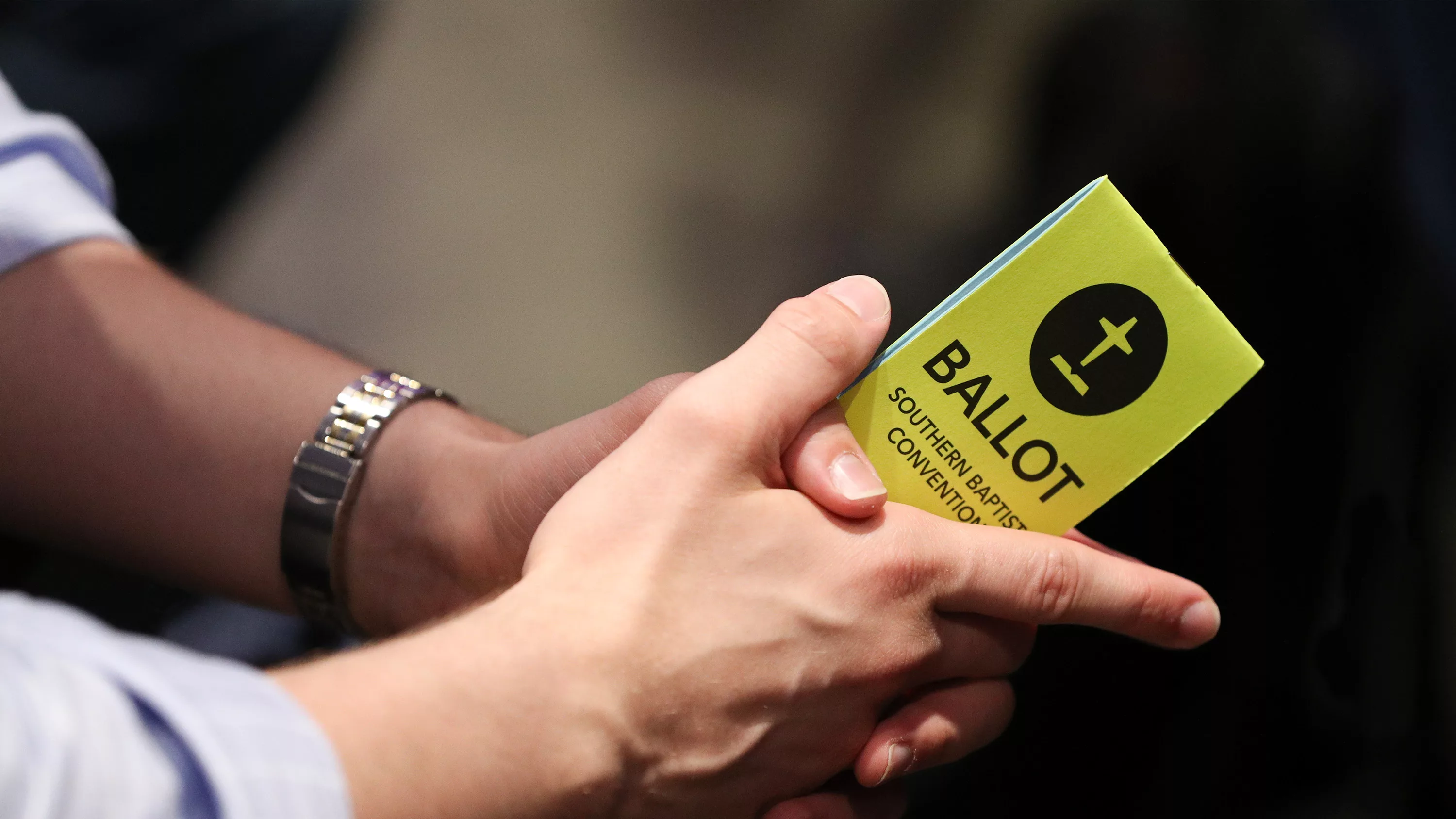
Baptist confessions have long drawn attention beyond the church. The proposal on male pastors will too.
Messengers from around the country will soon gather in Indianapolis to conduct the business of the Southern Baptist Convention. As in recent years, they will consider the exact relationship between the association and its member churches—a question of unique significance to Baptists who have historically valued local church independence.
This week, they will be asked to take final action on an amendment that would alter the SBC constitution’s understanding of a cooperating church from one that “closely identifies with” the complementarian stance of the Baptist Faith and Message (BFM) to one that “affirms, appoints, or employs only men as any kind of pastor or elder as qualified by Scripture.”
The proposal came in the wake of last year’s disfellowship of Saddleback Church after it installed three women as staff pastors (which an overwhelming majority of messengers understood to be in conflict with the BFM).
Despite this swift and certain response, proponents believe the Law Amendment, named after its author, Mike Law, is necessary to further unify practice. Others worry that such reforms move the convention toward a form of “subscriptionism,” which would use bureaucracy to enforce norms on individual churches, putting the SBC at odds with historic polity.
But the concern for Baptist identity highlights another, often overlooked, aspect of the debate: Historically, Baptist confessions were a form of public witness.
The earliest Baptist confessions emerged in 17th-century Reformation England, a time of tremendous social, political, and religious instability. Unlike their Presbyterian and Anglican counterparts, which established and enforced denominational teaching, Baptist public …

